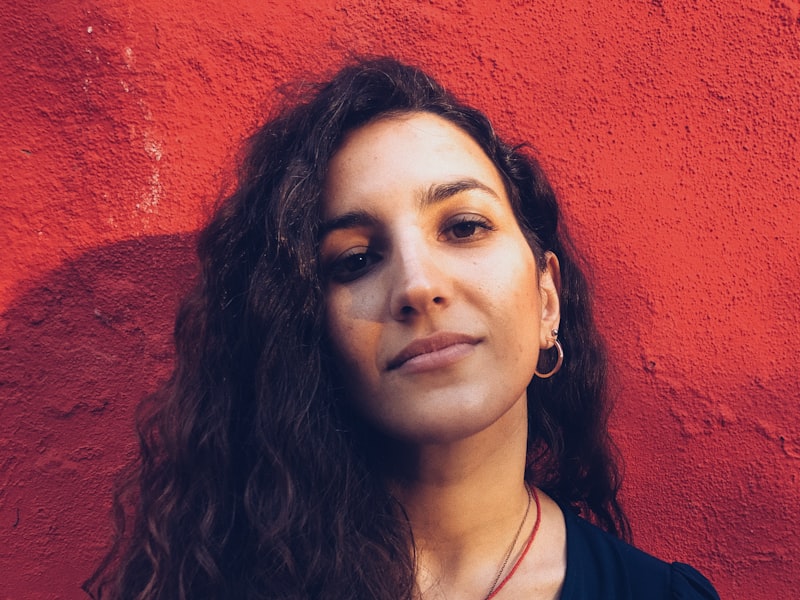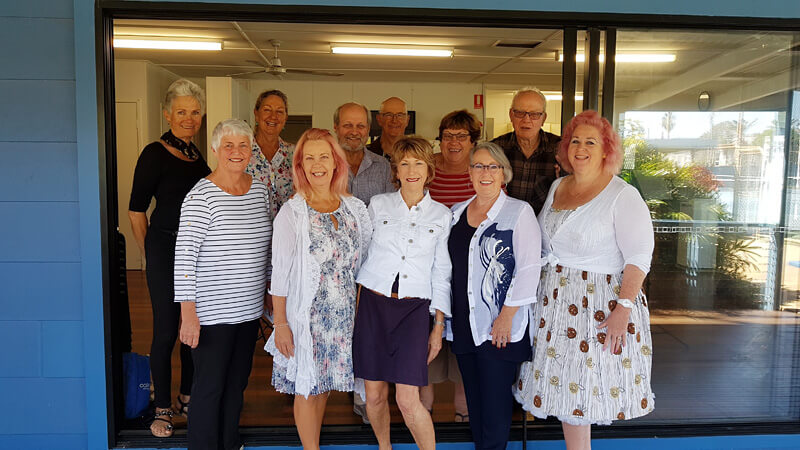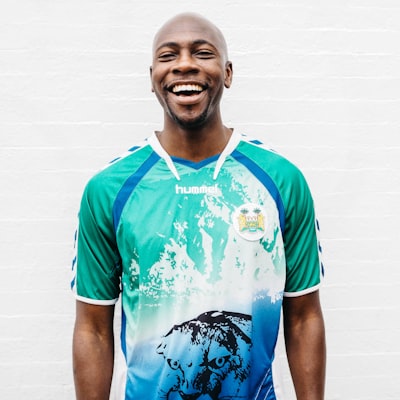How To Define The Proper Singing Lessons For You Personally

Learning to sing is the best way to master how to sing. It can also be a great way to improve your vocal ability. You'll learn about different ways of singing and the best techniques and diction to enhance your voice.
Vocal coach
Taking singing lessons with a coach for vocals can be an excellent way to improve your vocal range and improve your performance. They can teach you how to breathe as well as voice control as well as showmanship, range and musical style. They also help you prepare for auditions.
Vocal coaches assist people who have all vocal ranges. They also aid in improving vocal diction as well as stage presence. They provide instruction on advanced vocal techniques, and assist students create a custom warm-up routine.
Vocal coaches are located in a variety of areas of the music industry. Some are singers themselves as well as conductors who have been in the past or are currently working. They can also create applications and other tools for singers in order to enhance their performance.
Vocal coaches may not be the most suitable option for those who are just beginning. Some prefer attention to one-on-one. They may also want to sing for a hobby or for a group activity. The voice is an instrument that is unique to each person and therefore, no two singers train the same way.
Vocal coaches can aid in improving your technique and help you make preparations for an audition. They may also recommend exercises to improve your breathing control. Some vocal coaches have consulted for TV programs that air in Los Angeles.
Vocal coaches are often working with singers who are in popular musicals, popular bands operas, as well as other forms of performing arts. They can assist singers in put on a two or three-hour show. The audience doesn't expect a singer to be still on the stage.
Diction

A clear and precise diction when taking singing classes is an important aspect of your craft. It's not just affecting your voice however, it could also affect the connection your audience has with you. If your diction is clean, you can perform songs with music that you're proud of.
Diction in singing lessons is a process of shaping vowels and consonants with your tongue and mouth. Proper vowel and consonant pairings can help your vocal muscles to move as they adjust, tighten and stretch.
Vowels are basic vocal sounds like the sounds ee, oo and ah. Consonants are additional sounds, such as t (pronounced t), n, and the d. The addition of consonants can assist in improving your vocal tone.
Vocal issues can arise when muscles in your larynx aren't working properly. If a vocal issue isn't treated the vocal quality is likely to be affected.
Vocal instructors with a background in diction in singing lessons can help you improve your pronunciation. They can show you the rules of diction along with a method for handling difficult words.
IPA (International Phonetic Alphabet) is a useful instrument for practicing diction. Its symbols are based on particular sounds in Latin and are used by a wide range of musicians.
What is known as the Golden Rule of Singing Diction is to stretch every vowel. This helps to make each word crystal clear. In addition, the singers should conclude each word with crisp consonants.
If your voice is precise, you are able to play music that people can identify with. In addition, it helps to ease vocal strain, improve smoothness, and increase the accuracy of rhythm.
Technique
Practicing a variety of vocal techniques can improve your vocal ability. It's also beneficial to practice these techniques before a performance.
The most crucial vocal techniques are breathing properly. Proper breathing techniques will help expand your lung capacity and reduce the vocal fold's vibration.
It is also possible to control your voice by using an exercise called humming. Humming involves blowing air through your mouth and the puckering of your lips. Try to emulate the sound of a car engine while you're singing.
Another effective technique for singing is to sing along to a recorded. This is especially important in preparation for a vocal audition.
In addition to basic vocal skills, you should also learn about the different kinds of styles. This will aid in creating an appropriate voice mix.
A good vocal technique will also aid you in improving your diction. Poor diction could mean losing the meaning of a song. Also, you'll need to pay attention to your body and how you feel. Also, Reference must be enthusiastic and positive.
It's not uncommon for new singers to have a flat, thin sound. Some musicians do possess a natural "ear" for pitch. It is essential to practice the art of pitch correction. Making use of the right vocal technique is important for developing a full, deep tone.
The most effective vocal technique is not the most advanced one, but it's the most effective. It is important to take vocal lessons with a professional teacher. It's also important to develop a personal rapport with your instructor. This will allow you to receive individual feedback.
Styles of singing
Taking singing lessons can help you find a unique voice. It doesn't mean you have to have the largest or most stunning voice. Instead, you can find an appropriate voice for the style of music you want to sing.
Every genre of music is characterized by its own customs, conventions, and rules. You can learn to imitate other artists and styles, or develop your own. If you're looking to emulate an opera singer or a rock star, it is important to learn how to perform with flair.
The first thing you need to do is listen to musicians in all styles. You can do this with recordings from vocalists. It is also possible to listen the recordings of songs you've enjoyed. It is also recommended to watch videos of artists that you like.
When you are learning, it is essential to take notes. This will allow you to remember the rhythms and phrasings of songs. It is also essential to follow along with the top singers to learn what they are interpreting the lyrics of the song. Record yourself to practice the different elements that make up your vocal.
One of the most appealing aspects about pop music is the variety of styles that you can choose from. You can play improvised, sing as soloist, or even perform with a band.
Pop music is also enjoyable and danceable. It's often romantic and energetic. Some styles of pop singing include rock, blues, R & B, and jazz.
Park Slope Music School
Whether you're interested in preparing for auditions, or just would like to know how to improve your singing, there's a good chance there's a chance that any of the numerous music teachers located in Park Slope can help. Apart from group classes in music, there are also private tutors who can teach at home, or in the studio.
Park Slope Music School offers music lessons for kids, teens as well as adults. The instructors are professional musicians and vocalists. They provide group and private instruction in classical and jazz music. Voice teachers also provide important ear training techniques to help students prepare for auditions.
The Early Starters Program is designed to assist students in learning the basics of rhythms and melodic patterns on a variety of instruments. The course includes the introduction to solfege which is a great method to improve sight singing.
In addition to singing, it also includes singing lessons. Early Starters program includes lessons on the rhythmic vocabulary used in different cultures as well as an International Phonetic Alphabet, and the basic rudiments. These abilities help build coordination and dexterity.
The early Starters programme is good starting point for children aged 3-5. It teaches the rhythmic vocabulary, solfege and the International Phonetic Alphabet, playing an instrument, and the oh-so-important "Mirror" - a song which you can sing on your instrument.
"Musical Moments" class "Musical Moments" class, on the other hand is designed to teach rhymes to folk songs. There is also an "Music Theory" class, which teaches students about music analysis and writing compositions. There are additionally "Private" lessons, which include classes in jazz and classical musical instruments, orchestral along with African-American and jazz music.
